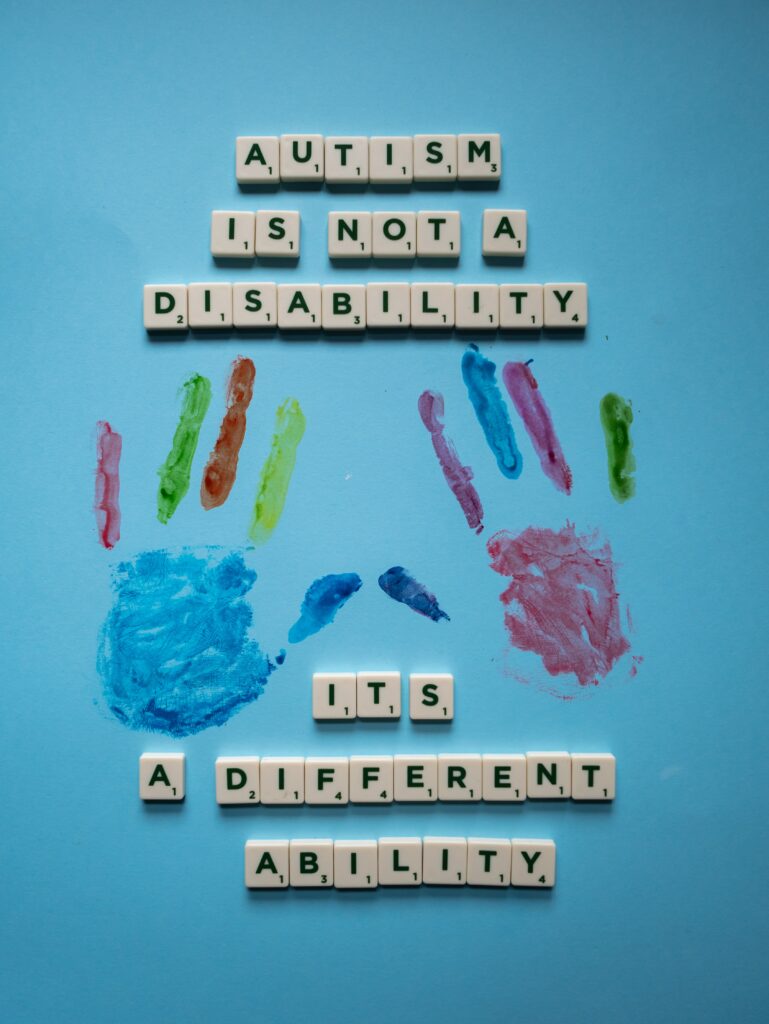Autism, or Autism Spectrum Disorder (ASD), is a neurodevelopmental disorder that affects social interaction, communication, and behavior. Children with autism may struggle with communication, have difficulty with social interactions, and exhibit repetitive behaviors or restricted interests.
There is no single cause of autism, and it is believed to be the result of a combination of genetic and environmental factors. Autism can be diagnosed in children as young as 18-24 months, but many children are not diagnosed until they are older.
There is currently no cure for autism, but early intervention and treatment can greatly improve outcomes for children with autism. This can include behavioral therapy, speech therapy, occupational therapy, and medication in some cases. Parents of children with autism can also benefit from support groups and resources to help them navigate the challenges of raising a child with autism.

Providing for a child with autism requires patience, understanding, and a willingness to learn about the unique needs and challenges of individuals with autism. Here are some tips for supporting a child with autism:
- Create a structured routine: Children with autism often thrive on predictability and routine. Establishing a consistent schedule and sticking to it can help the child feel more secure and in control.
- Use clear and concise communication: Children with autism may have difficulty with social cues and nonverbal communication, so it is important to use clear and simple language when speaking to them.
- Use visual aids: Visual aids such as pictures, charts, and schedules can help children with autism understand and follow routines and tasks.
- Provide sensory input: Many children with autism have sensory processing issues, which means they may be over or under-sensitive to certain sensory inputs. Providing sensory input, such as through weighted blankets or fidget toys, can help regulate their sensory system.
- Offer choices: Children with autism may have difficulty making decisions or expressing preferences. Offering choices can help them feel more in control and empowered.
- Seek support and resources: There are many resources available for families and caregivers of children with autism, including support groups, therapy, and educational programs. It can be helpful to seek out these resources to help provide the best possible care for the child.
It is important to remember that every child with autism is unique and may have different needs and strengths. By taking the time to understand the individual child and their specific needs, caregivers can provide the best possible support and care for them.
